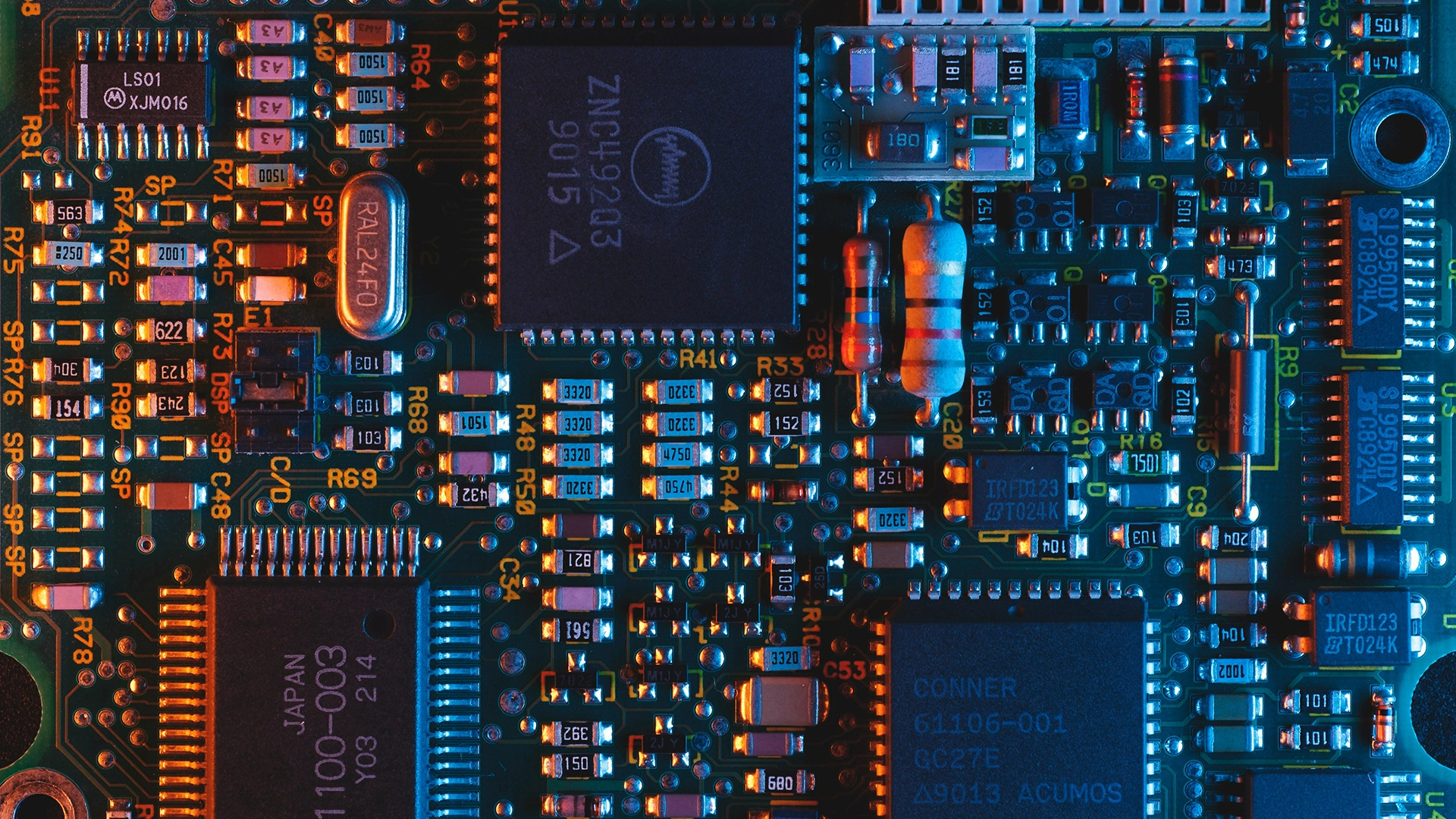
Image by Umberto, from Unsplash
AI Race: How Chinese Giants Are Surviving Without U.S. Chips
Chinese tech giants Tencent and Baidu are staying competitive in AI by stockpiling chips, optimizing software, and turning to local semiconductor solutions.
In a rush? Here are the quick facts:
- Baidu uses full-stack AI strategy to reduce reliance on restricted U.S. chips.
- Chinese firms optimize software to increase efficiency with fewer chips.
- Homegrown semiconductors are helping China reduce dependence on foreign technology.
Chinese tech giants Tencent and Baidu are finding new ways to stay competitive in artificial intelligence despite tougher U.S. restrictions on advanced chip exports. These companies are adjusting strategies by stockpiling chips, improving software efficiency, and exploring homegrown semiconductors.
Tencent President Martin Lau said that the company maintains a “pretty strong stockpile” of high-end GPUs which were purchased earlier, as reported by CNBC. These chips are crucial for training large AI models. While U.S. companies often expand GPU clusters to boost performance, Lau said Tencent achieves solid results using fewer chips.
“That actually sort of helped us to look at our existing inventory of high-end chips and say, we should have enough high-end chips to continue our training of models for a few more generations going forward,” Lau explained, as reported by CNBC.
For running AI tasks, known as inferencing, Tencent is focusing on software optimization and smaller, less power-hungry models. The company is also turning to chips currently available in China.
“I think there are a lot of ways [in] which we can fulfill the expanding and growing inference needs […] rather than just brute force buying GPUs,” Lau added.
Baidu is leveraging what it calls its “full-stack” AI strategy, combining its cloud systems, AI models, and applications like its ERNIE chatbot.
“Even without access to the most advanced chips, our unique full stack AI capabilities enable us to build strong applications and deliver meaningful value,” said Dou Shen, head of Baidu’s AI cloud unit.
Shen added that Chinese progress in developing domestic AI chips and efficient software is helping offset the U.S. curbs. While China still lags behind U.S. chipmakers, experts like Gartner’s Gaurav Gupta say the country’s push to build its own chip ecosystem is showing notable results.


 Previous Story
Previous Story

 Latest articles
Latest articles 